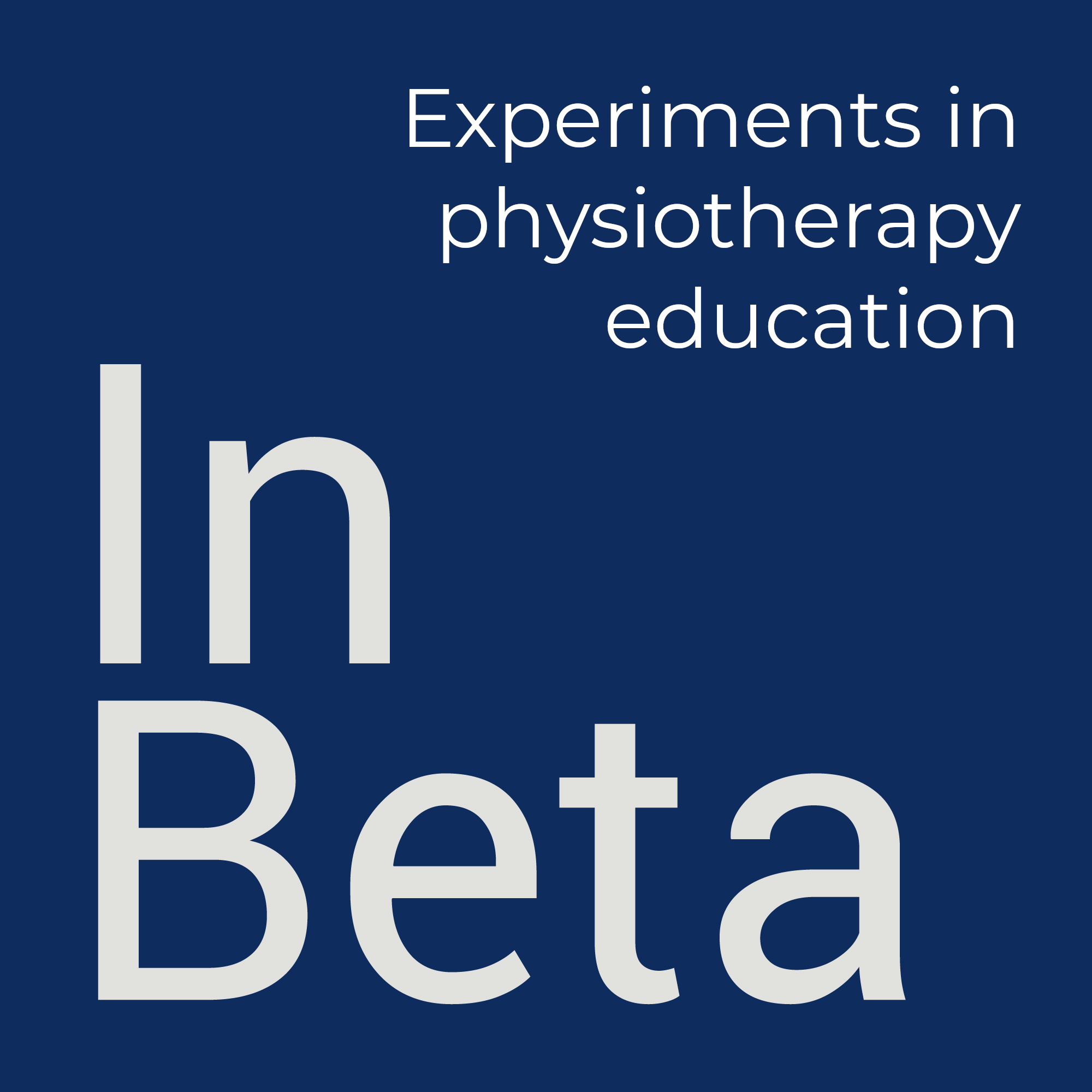Open scholarship represents a paradigm shift in how we approach research, teaching, and the dissemination of knowledge. At its core, it’s about making academic work more transparent, accessible, and collaborative. Where research findings are freely available to anyone in the world, where teaching materials are shared and improved upon, and where students actively contribute to a global knowledge commons.
Leave a CommentHome » Newsletter
Category: Newsletter
The role of teachers is evolving, necessitating a shift from traditional, control-oriented models to student-centred approaches. By relinquishing some control and focusing on individual assessment, differentiated support, and relationship-building, lecturers can foster engagement, mastery, and self-regulation. Reflecting on the diverse roles of teachers is crucial for effective teaching practices.
Leave a CommentThe one about Lectures
The value of lectures is evident when lecturers use an engaging, dynamic style that transcends traditional didactic methods. Lectures can foster deep learning and maintain student interest through active participation and well-prepared content, integrating modern insights from cognitive science. We need to consider the many nuances of lecture methods in different formats, like online settings, and teaching strategies that enhance learning outcomes by adapting to diverse learner preferences.
Leave a CommentThe one about Remote Work
The shift toward remote work, expedited by the global pandemic, has significant implications for various professions, particularly physiotherapy. This new era not only alters traditional office dynamics but also redefines job roles and demands organizational changes to adapt effectively. Key discussions involve readiness for a remote-first approach, potential benefits like increased accessibility and preventive care, and the reevaluation of physical presence necessities in professional practices. As we transition, adapting systems and mindsets becomes crucial for leveraging technology in fostering more flexible and efficient work environments.
Leave a CommentIn the face of ongoing integration of emerging technologies such as AI and digital tools, educators must continuously ask if these technologies truly benefit students, the profession, and humanity overall. Increasingly, we must engage in a deeper evaluation of technology’s human impact and underline the necessity for ethical technology creation, emphasising humane and responsible practices. Engagements like these are essential for shaping how future practitioners use technology in healthcare.
Leave a CommentAs the global higher education sector faces ongoing financial pressures, the core purposes of universities—knowledge transmission, skill development, personal growth, and research—are increasingly being scrutinised. While commercial value in research and skills predominates, debates persist about the fundamental role of education amidst escalating costs and societal impacts. It remains important to critique higher education’s effectiveness and economic rationale, highlighting systemic issues and potential reforms.
Leave a CommentThe one about Wikipedia
Start with Wikipedia. But don’t stop there. Stephen Downes Introduction I made my first Wikipedia edit on the Physical Therapy article, at 23:21 on 25 April 2004. I was living in Ireland at the time and had just learned about a new kind of website, called a wiki, that anyone could edit. And so I…
Leave a CommentThe one about Blended Learning
A blended approach to learning and teaching integrates different learning environments in complementary ways, such that the strengths of each compensates for the weaknesses of the other. Introduction Given that I did my PhD on blended learning in health professions education, and that I continue thinking about it often, I’m surprised I haven’t included a…
Leave a CommentThe one about Craft
Craft is a word to start an argument with. David Pye (1978) Introduction I’ve been thinking about craft lately, particularly in the context of increasingly competent AI. A lot of the commentary in this area suggest that the value of human beings will be in the ‘art’ and ‘craft’ of teaching, with the implication being…
Leave a CommentThe one about Innovation
Vulnerability is the birthplace of innovation, creativity, and change. Brene Brown Introduction Innovation has been on my mind as we come to the end of the 22-23 academic year. I’ve been in my new post (AP for Digital Innovation) for about 18 months and thought it was a good time to reflect on what it…
Leave a Comment